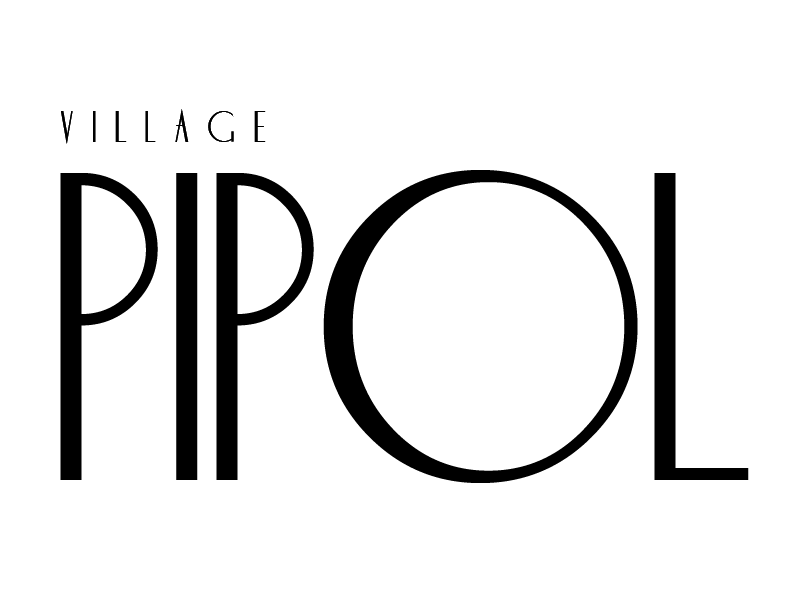Being Queer in an Asian family

Trigger Warning: Homophobia, depression, anxiety, eating habits, suicide
NOTE: This is my viewpoint; it doesn’t always imply that how I treat myself or how my experiences have affected me will also apply to you.

The acceptance of LGBTQIA+ individuals has advanced considerably. However, homophobia is still pervasive in Asian cultures.
Due to the pervasive homophobia of many Asian parents, LGBTQIA+ children in those families frequently have mental health issues as a result of feeling hopeless all the time, many also develop severe depression without their parents’ knowledge.
But why is homophobia so prevalent in Asian homes because of this “culture”?
In the Asian society that our parents were exposed to at the time, there was rarely any portrayal of LGBTQIA+ community.
Gay and transgender individuals still experience discrimination in Asian culture today. Among other things, they are frequently stigmatized and used as the punchline of jokes. However, today’s youth are more progressive towards LGBTQIA+ due to early exposure to it and changes in media over time.
Being Queer in a Filipino Family

Growing up, I learned through my experiences that there was something different about my sexuality. My mother frequently tells me, “Bakit ganyan ka manamit, lalaki ka ba?” or “Panlalaki ‘yan, ito ang suotin mo, pambabae,” since I have always dressed and carried myself in a more androgynous manner. However, often I feel like being girly.
I was aware of the difference in myself, but I chose to ignore it and diverted my feelings elsewhere. I came to identify as Queer as I gained a better grasp of society and who I am.
During my first year of college, I came to terms with my sexuality. Since I was with my peers in a safe space college setting—I felt more self-assured. Then came the COVID-19 pandemic. I had to hide before I was free to live life and be myself. I couldn’t help but experience anxiety attacks as the quarantine stretched on.
At one time, I considered opening up to them so that I could work easily from home, but I quickly realized that doing so would be the worst possible thing for my Asian family.
I tried to seem as though everything was fine and focused my thoughts and emotions on something else.
Then my mom unintentionally learned of my relationship with a woman. My mother is not cool with it, despite the fact that my brother is.
She started to become frustrated and like a pistol to my head, but with homophobic remarks in place of bullets. When I realized I was frequently depressed, my eating habits changed. I’ve been on social media a lot, and I’ve also been smoking and drinking secretly. I started crying every night, which had a very negative impact on my health.
It was really hard. Being queer in an Asian Family household.
In terms of family values, the saying “You cannot bring dishonor on your family” still holds true. In their minds, homosexuality is the perfect destroyer since it challenges gender roles, disrupts Asian cultural norms, and prevents you from having biological children.
Being raised with highly conservative Filipino values, my parents believed that having a lesbian daughter meant having a useless daughter who could not reproduce.
The Filipino community’s toxic values and standards, which many parents still consider to be part of their “culture,” are completely destroyed by the LGBTQIA+ community.
It’s important to educate Filipino parents about the fact that being Queer can coexist peacefully with Asian culture while still respecting it for what it is.
The Mental Health of Queer Filipinos and Their Parents

Being Filipino and identifying as queer can be two very heavy mental weights that we endure. Finding people who make us feel accepted is the best thing we can do. An article claims that support organizations can help people in overcoming the challenges posed by LGBTQIA+ discrimination and stigma. I was helped by support organizations like Queer Safe Spaces, GALANG, and Rainbow Rights.
Remember to always choose the right people.
Additionally, we shouldn’t ignore the reality that LGBTQIA+ individuals are more prone than heterosexuals to have depressive symptoms and suicidal ideation. We are also constrained by the additional stigma attached to mental health in the Asian community.
In order to overcome this stigma, we must remember that self-care is crucial and that we are not above our mental health. Since repressing our fears and feelings is detrimental, we must continue to encourage communication between Asian parents and their children.
Due to the lack of awareness regarding LGBTQIA+ concerns among Asian parents, we must also aim to educate them. Even while it may feel hopeless to listen to your parents argue in a homophobic manner, things can and will improve.
You don’t need to come out right now because I know how difficult it is to be queer and do that. If you’re ready, come out, but for the moment, be brave. Be strong on the inside and out.
In the end, love will win.
Angelika is an aspiring producer and writer with a love for film and media production. She enjoys writing on a diverse range of topics, including lifestyle, health, and movie-related content. She likes to cook for her family and spend her free time with friends.






